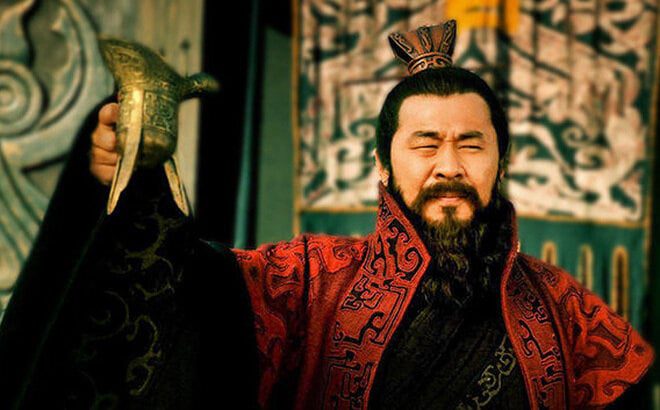Cao Cao (155 – 220) was a significant historical figure in China during the Three Kingdoms period, renowned for his cunning, decisiveness, and leadership. He is credited with laying the foundation for military power in northern China and establishing the Cao Wei state during the tumultuous times of the Three Kingdoms.
Born during a time of peace and growing up amid chaos, Cao Cao witnessed the decline of the Han dynasty. However, he managed to achieve considerable success in his career while simultaneously consolidating immense power.

Cao Cao was a prominent figure in Chinese history during the Three Kingdoms period. (Image: Sohu)
Often, when discussing Cao Cao, people tend to focus on his cunning nature. Few realize that he was also a remarkably strategic thinker.
In historical records, there are about 16 wives and concubines attributed to him, of which 13 were classified as concubines. This situation often raises the question of why he had so many concubines.
In reality, Cao Cao’s actions were largely driven by strategic calculations. However, the concubines in the historical context were often viewed as symbols of misfortune, leading to a societal stigma against them. Merely being a concubine often meant losing autonomy.
Nevertheless, Cao Cao was always ready to confront and support them. This behavior is noted as being quite rare in his time, leading some to misunderstand or criticize him. Cao Cao’s actions stemmed from three primary motivations.
Firstly, due to political needs. Cao Cao often expressed a desire to recruit talented individuals regardless of their social status. Those who had survived the turmoil of life and family were often capable of handling emotional challenges and complex tasks. These concubines might have to face numerous obstacles in their marital lives, making the domestic environment more stable.

Cao Cao had about 16 wives and concubines, of which 13 were concubines. (Image: Sohu)
Cao Cao was a political pragmatist, as he needed to collaborate with individuals who had experience to navigate various political challenges and military engagements. The concubines could understand his work, and he often sought their opinions and suggestions, which held value.
Secondly, it originated from personal preferences. Cao Cao had a deep affection for his mother and, as a result, had a fondness for nurturing strong and capable women who could share emotional connections with him and provide maternal support.
Thirdly, Cao Cao valued stable relationships. By maintaining relations with various concubines, he could foster a sense of community and garner the affection and loyalty of the populace. Through these marriages with different social classes, he could balance political relations and enhance stability in governance.
In summary, Cao Cao’s fondness for concubines is not merely linked to personal traits but also stems from his political needs. Through this, we can observe Cao Cao’s wisdom and meticulous strategic thinking.
Source: Sohu





















